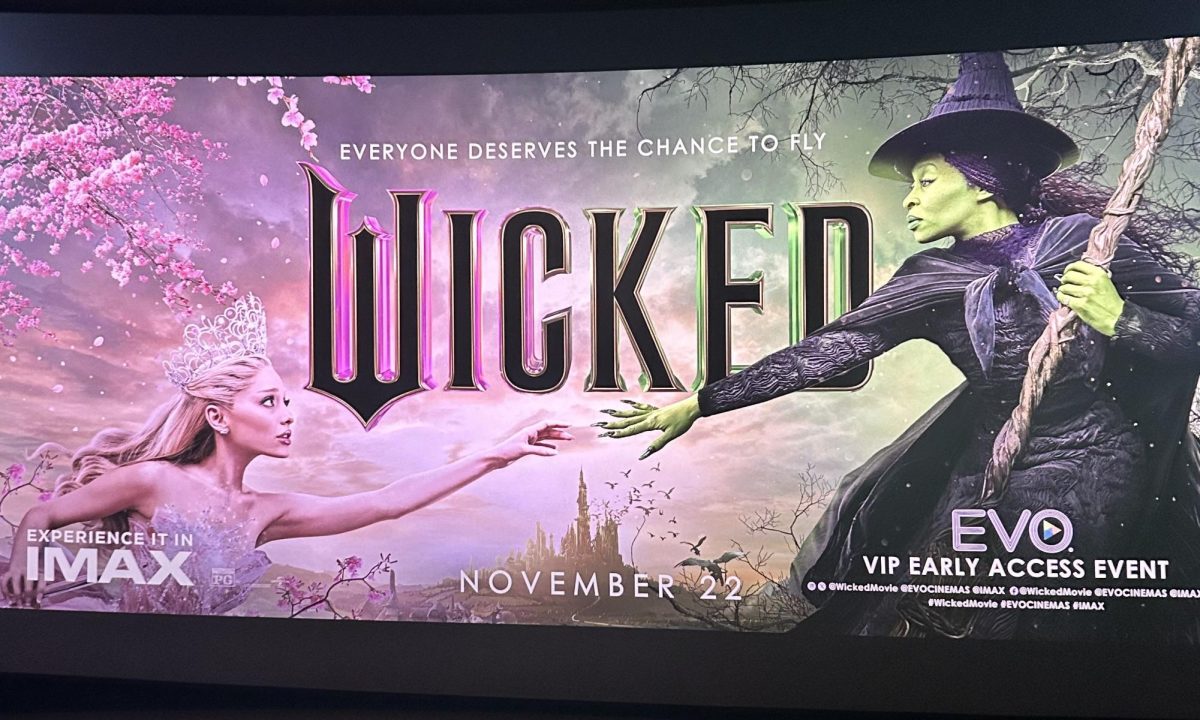“Thy Kingdom Come” offers a challenging and unconventional documentary that highlights some of the rougher styles of American life. Documenting the trauma of a body ravaged by sickness, a mother bearing the guilt of her child’s death, a KKK member seeking redemption as well as a number of other troubled souls.
The subjects and stories of the documentary are authentic. However, the anchor of these stories is actor Javier Bardem who plays a priest and visits these families in their homes. And just as an authentic priest would, Bardem listens, consoles and shares the gospel with the people he encounters.
It is in this narrative device the film plays with form and pushes the boundaries of how authentic a documentary must be. This works in the film’s favor as, the priest is simply a device for the audience to have some sort of continuity among the range of lifestyles the project visits. The character is peripheral enough that he blends in with the images portrayed on screen.
Bardem’s character acts as a contrast for the raw lifestyles portrayed on screen. “Thy Kingdom Come” forces you to confront the ugliness of life and leaves the viewer to reconcile this discomfort on their own. The film has less dialogue than the typical documentary style, therefore it is filled with long silences and still shots thus eliminating any escape for the audience from the reality of the circumstances documented in the film.
However, this creative choice works against, “Thy Kingdom Come.” While this uneasiness may work to build curiosity, in the beginning, the lack of narrative commentary leaves too much ambiguity by the end of the film and leaves the viewer unsure of the central theme of the documentary. Ambiguity serves an abstract interpretation of a film, but in this case, an abstract understanding of the film, still would not explain the holes in understanding why certain individuals were chosen to be the subjects of the documentary or what their trouble even is.
The interpretation that seems most intuitive, is that the healing and redemption that often leads people to religion can be found without the overhead and back-end of dogmatic piety. Simply sending a man who will listen without judgment was enough for some of these individuals to feel restored in their own minds. Dressing the person as a priest or more so the customs of religion simply eases societal obligation of organized religion.
Overall, this unconventional documentary directed by Eugene Richards stretches empathy and tests resolve against the meaning of struggle, burden and redemption. And above all else, the film proves that sometimes all people need is to have their stories heard.
– Carrington Tatum is an electronic media sophomore
Categories:
SXSW Film Review: “Thy Kingdom Come” documentary shows another side of American life
March 11, 2018
Photo Illustration by: Cassandria Alvarado | Former Staff Photographer
0
Donate to The University Star
Your donation will support the student journalists of Texas State University. Your contribution will allow us to purchase equipment and cover our annual website hosting costs.
More to Discover











